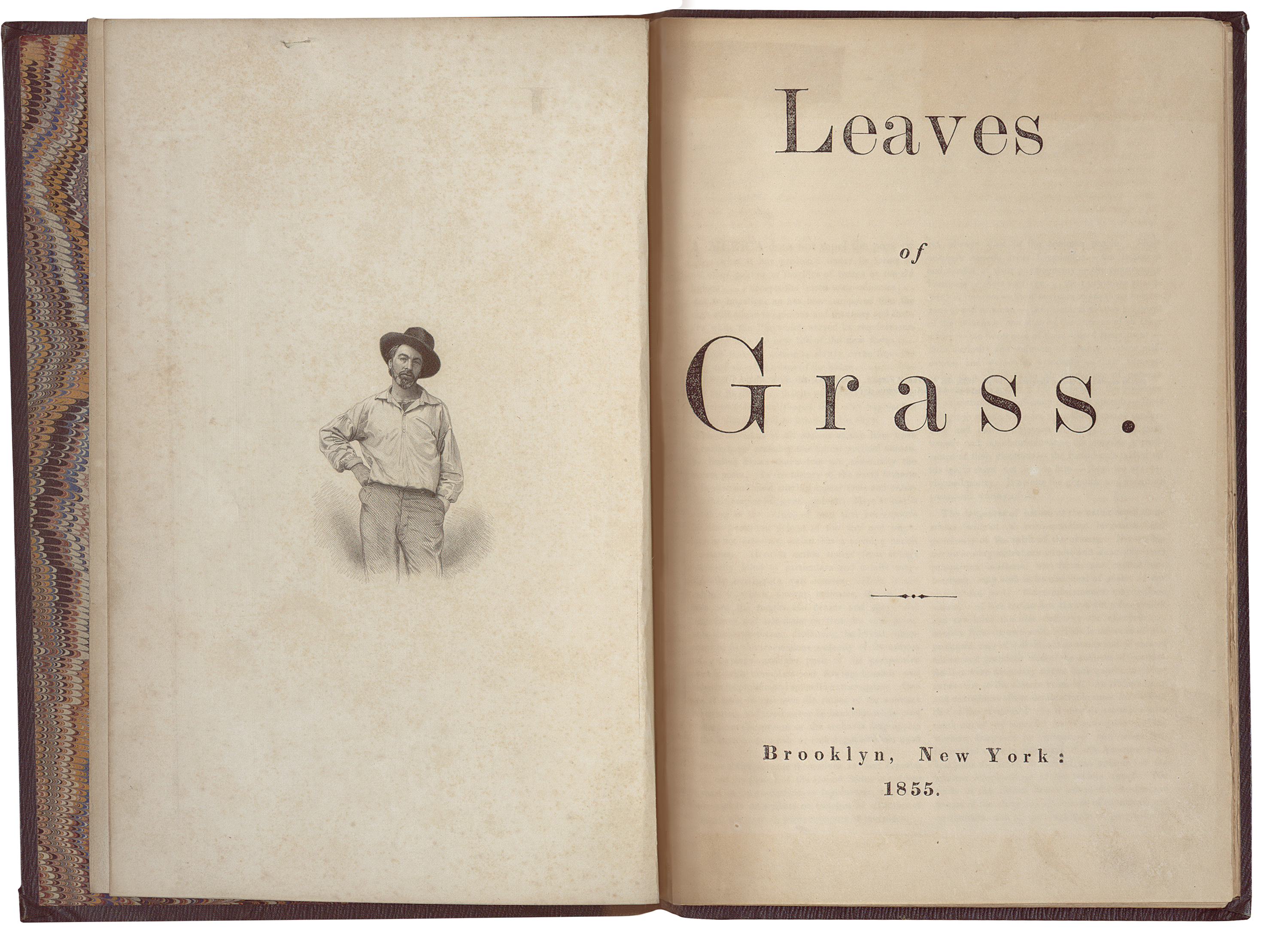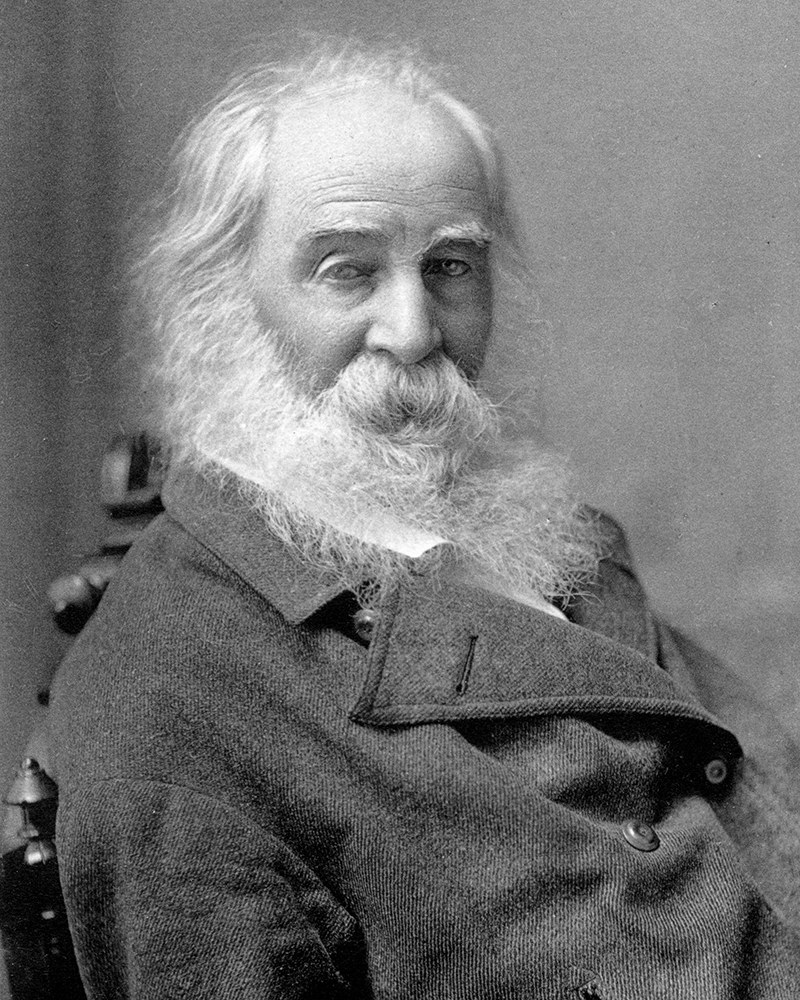Leaves of Grass is a collection of poems by American poet Walt Whitman that is considered one of the world’s major literary works. Leaves of Grass is idealistic and romantic. It expresses the best and worst of American life, from exuberant democracy to suffering slaves. The poems reflect Whitman’s love of America, which grew from his faith that Americans might reach new worldly and spiritual heights.


Whitman may have begun working on Leaves of Grass as early as 1848. The book’s form and content were so unusual that no commercial publisher would publish it. In 1855, Whitman published the first edition, a collection of 12 poems, at his own expense. Between 1856 and 1892, he published eight more revised and enlarged editions. He believed that Leaves of Grass had grown with his own emotional and intellectual development.
In Leaves of Grass, Whitman expressed the variety of American life in long lines that caught the flow of operatic singing. His verse often takes the form of rhythmic lists. It sprawls, seeming improvised. But Whitman also packed the poems with vivid images and memorable phrases. He wrote in free verse, a style of poetry that avoids regular meter and rhyme. The rhythm of his lines suggests the rise and fall of the sea. This structure is better suited to expressing emotion than to logical discussion.
The longest poem in Leaves of Grass is “Song of Myself,” generally considered the greatest in the collection. It glorifies a spiritual life grounded in the body and everyday life. Other major poems in the collection include “Out of the Cradle Endlessly Rocking,” “Passage to India,” and two poems inspired by the assassination of President Abraham Lincoln, “O Captain! My Captain!” and “When Lilacs Last in the Dooryard Bloom’d.”
